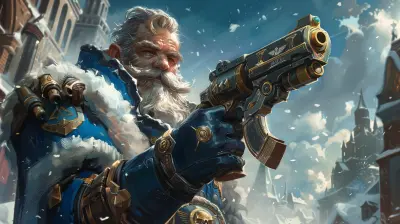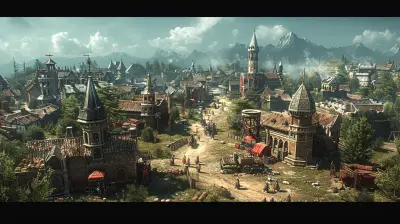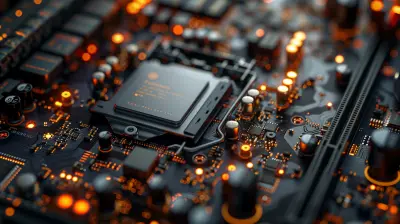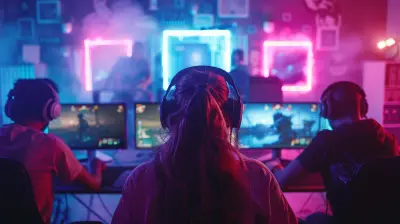The Global Influence of Esports Teams in Popular Culture
13 June 2025
When you hear someone mention esports, what comes to mind? Maybe you think of pro gamers competing in a dimly lit room, surrounded by flashy RGB lights and the roaring cheers of a hyped-up crowd. Or perhaps you’re reminded of names like T1, Fnatic, or FaZe Clan. Whatever it is, there’s one thing that’s becoming crystal clear: esports teams are no longer confined to the niche corners of the gaming world—they’ve become massive cultural icons with global influence. From fashion collaborations to shaping conversations on mental health, esports teams are rewriting the rules of what it means to be a powerhouse in modern culture.
Let’s grab our headsets and dive into how these teams are leveling up the world of pop culture like champions in a boss fight.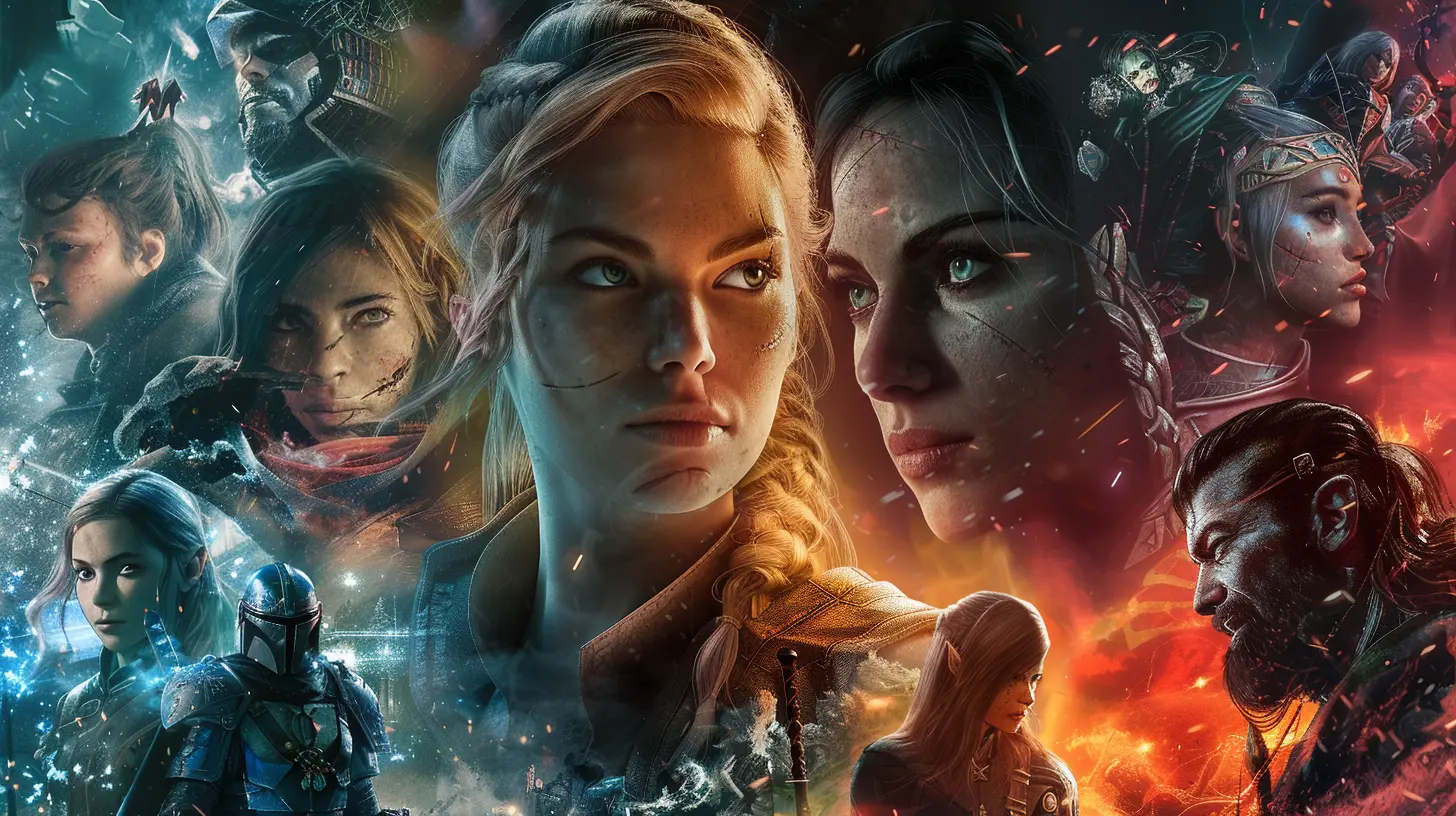
The Rise of Esports: A Quick Recap
Okay, before we dive into the juicy details, let’s take a moment to rewind and look at how esports became what they are today. The idea of competitive gaming isn’t exactly new. If we go back to the 1980s, gaming tournaments like the Space Invaders Championship were already attracting thousands of participants. Fast forward to the early 2000s, and esports started carving out a real identity with tournaments for games like "StarCraft" and "Counter-Strike."But it wasn’t until streaming platforms like Twitch entered the picture that esports truly exploded. Suddenly, games like "League of Legends," "Dota 2," and "Overwatch" weren’t just being played—they were being watched by millions. Today, esports teams aren’t just competing for trophies and bragging rights—they represent entire communities, movements, and, in many ways, lifestyles. 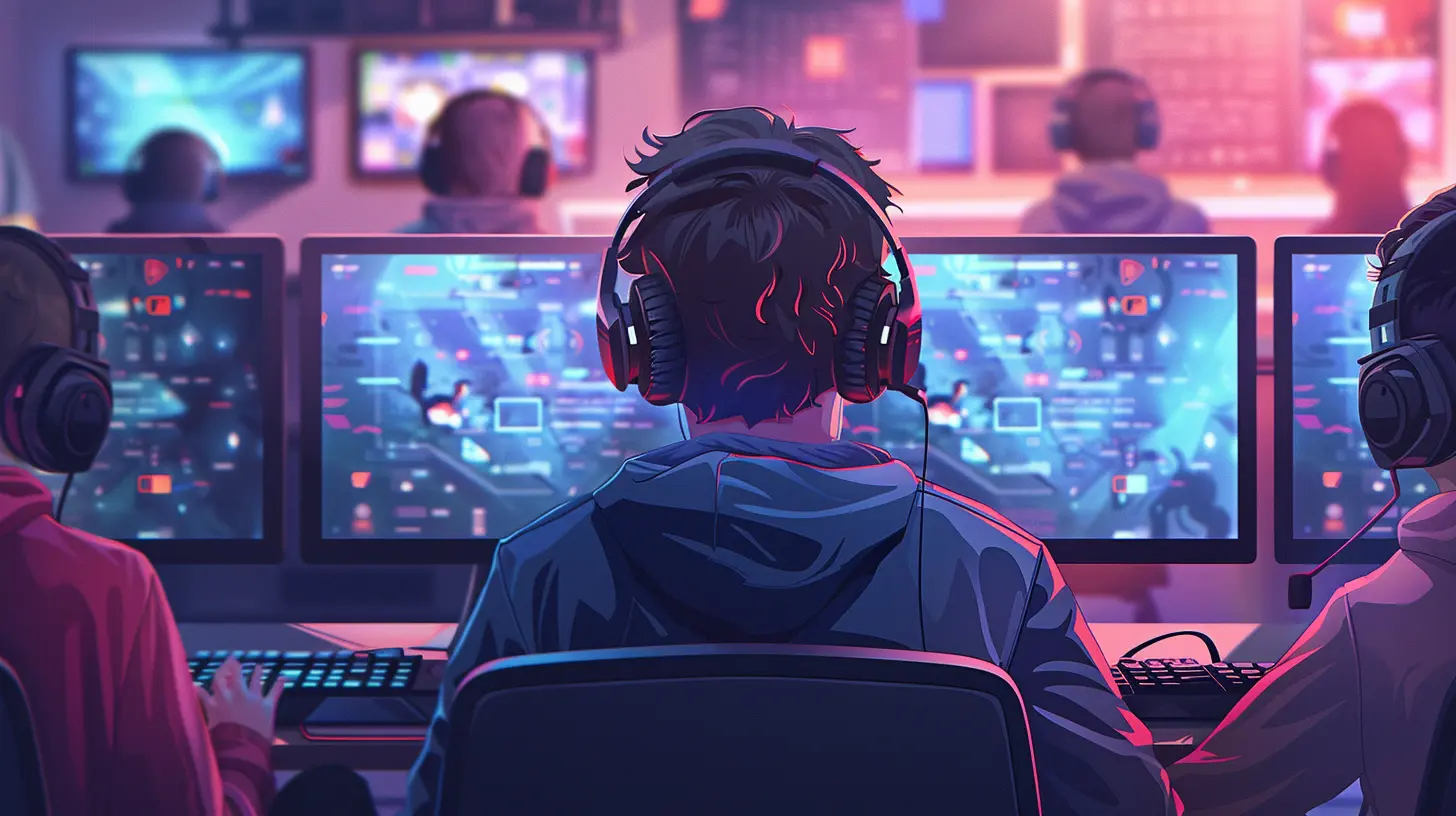
The Fashion Statement: Esports Meets Streetwear
Let’s start with something that’s hard to ignore—fashion. If you’ve been paying attention, esports teams are becoming as influential in the world of streetwear as your favorite hip-hop artists or Hollywood celebs. Teams like 100 Thieves, for example, have gone beyond being just a competitive organization and built an empire in lifestyle branding. Their apparel line? It sells out faster than concert tickets for Taylor Swift.Why does this matter? Because fashion has always been a cornerstone of pop culture. When you see someone rocking a jersey or hoodie with your favorite esports team’s logo on it, it’s more than just merch—it’s a badge of honor, a way to connect with others who share the same passion. It’s like wearing your favorite band’s t-shirt but with a digital-age twist.
And let’s not forget partnerships with global brands. Esports teams like FaZe Clan have teamed up with heavyweights like Nike and Champion, blurring the lines between gaming and mainstream culture. They’re proving that you don’t have to be a "gamer" to appreciate gaming culture.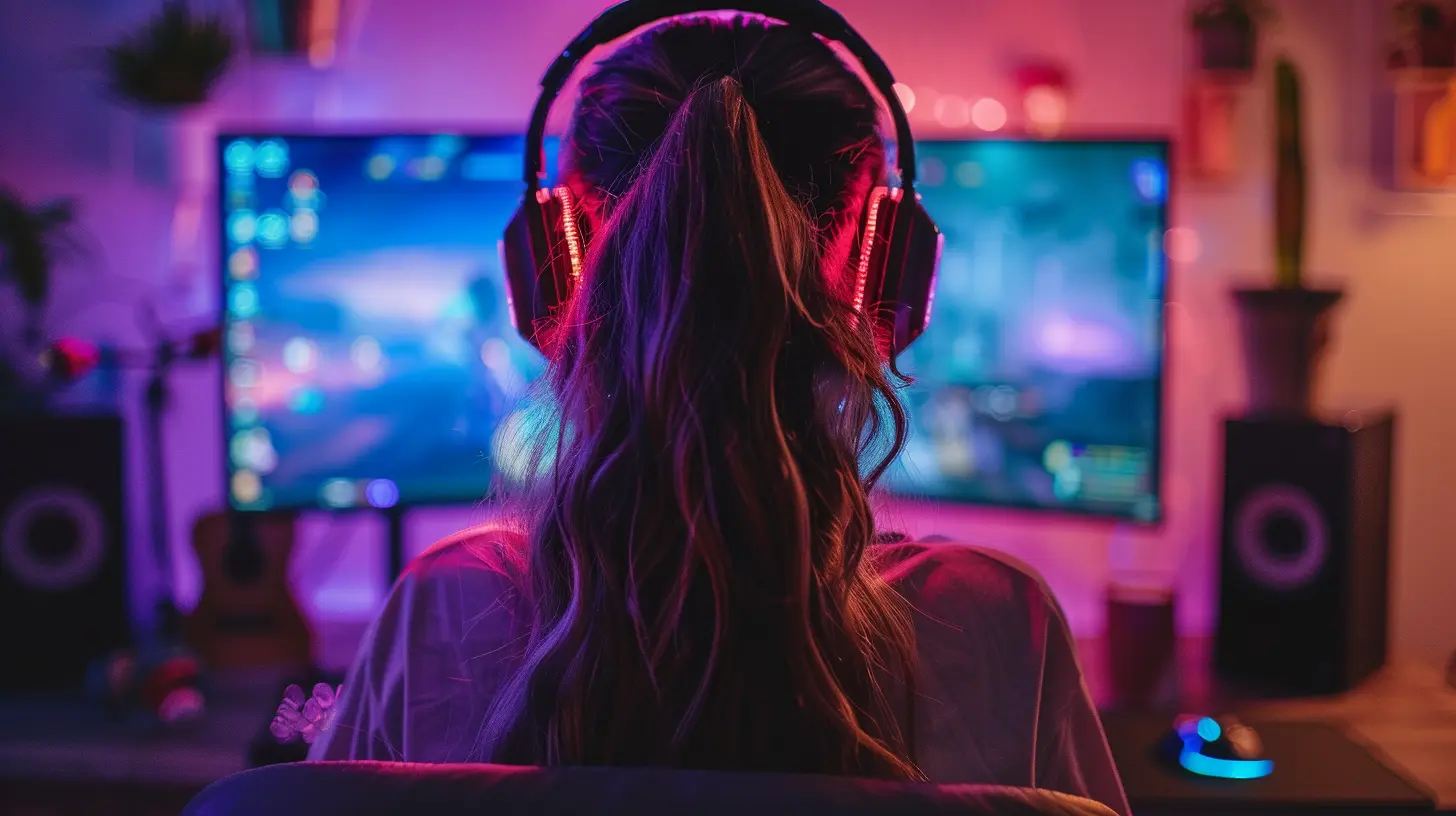
Esports in the Entertainment Spotlight
Think esports teams are limited to gaming tournaments? Think again. They’ve gone Hollywood—literally. Over the past few years, we’ve seen references to esports in movies, TV shows, and even music videos. Not to mention, some esports players and teams have become celebrities in their own right, boasting millions of followers on social media platforms.Take the Netflix animated series "Arcane," inspired by "League of Legends." It’s a perfect example of how gaming culture, including its esports side, is bleeding into mainstream entertainment. The show was a massive hit globally, further boosting the visibility of Riot Games, the company behind one of the world’s biggest esports ecosystems.
Oh, and let’s not overlook music collaborations. Artists like Drake, Lil Nas X, and Zedd have partnered with esports teams or leagues. This cross-pollination of gaming and music is another way esports is influencing popular culture on a global scale.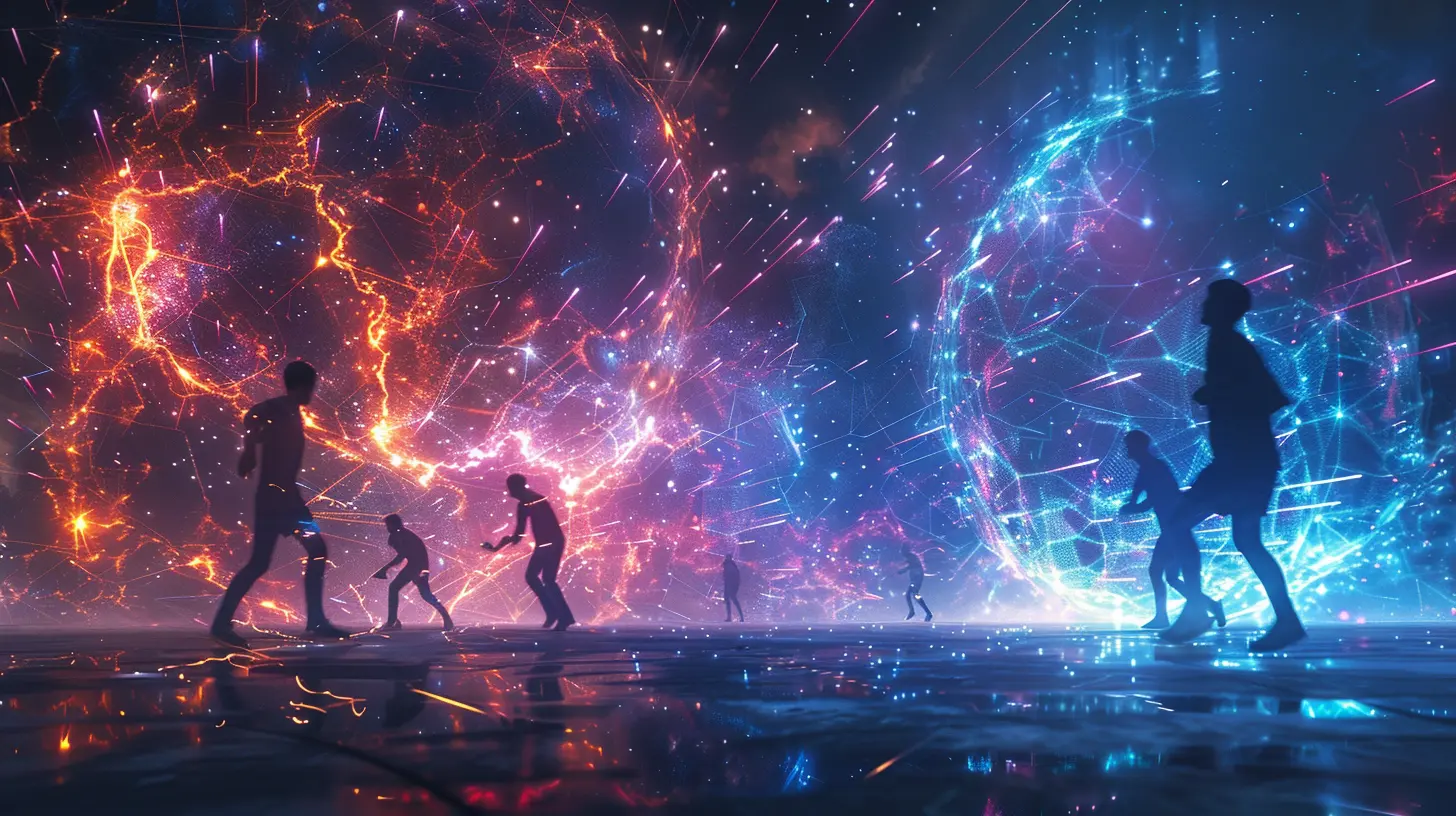
Mental Health Conversations: Esports as a Catalyst
Gaming has had its fair share of criticism over the years. Remember when people used to blame video games for everything from poor grades to social isolation? While that stigma hasn’t disappeared completely, esports teams are flipping the script and becoming advocates for mental health awareness.Organizations like Cloud9 and Team Vitality openly support mental health initiatives and provide resources for their players. These teams aren’t just about winning trophies—they’re about fostering healthy work-life balances and encouraging players to talk about their struggles.
Why is this important for pop culture? Because it normalizes conversations around mental health in a way that resonates with younger audiences. In a world where influencers and celebrities often curate “perfect lives,” esports teams are showing a more authentic side. They’re like that friend who tells you it’s okay to have bad days—and that’s pretty powerful.
Diversity and Inclusivity in Esports
Let’s face it: Gaming hasn’t always been a welcoming space for everyone. From casual sexism to gatekeeping, the industry has had its fair share of challenges. But esports teams are actively working to change that narrative.Some teams are making strides in promoting diversity, not just in their player rosters but also in their management. Teams like Evil Geniuses have openly pushed for inclusivity, ensuring that talent from all walks of life gets a chance to shine. Female competitors, non-binary players, and professionals from underrepresented communities are slowly but steadily finding their place in the esports world.
This movement towards inclusivity isn’t just a win for gaming—it’s a win for society. When esports teams champion diversity, they send a message that anyone can be part of the culture, regardless of gender, race, or background. It mirrors the larger cultural conversation happening in music, film, and sports.
The Global Phenomenon: Esports Teams as Cultural Ambassadors
Here’s something cool to think about: Esports teams are becoming global ambassadors for their regions. Teams like T1 in South Korea, G2 Esports in Europe, and Team Liquid in North America are not just representing themselves—they’re representing the cultures they come from. It’s similar to how traditional sports teams like Manchester United or the New York Yankees carry cultural weight.In China, esports has become so influential that it’s practically a national pastime. The country even recognized esports as an official profession. South Korea? Esports there is what soccer is to Brazil. Fans line up not just for matches but for meet-and-greets, merch drops, and even fan events featuring their favorite players.
This global reach is helping to reshape perceptions of gaming. What was once dismissed as a “waste of time” is now seen as a legitimate career path and cultural movement. It’s like watching the underdog story we never knew we needed.
What’s Next for Esports and Pop Culture?
So, what does the future hold? Honestly, the possibilities are endless. With the rise of the metaverse and advancements in virtual reality, we could see esports teams play an even bigger role in shaping entertainment and culture. Imagine watching a championship match not on a screen but as a fully immersive VR experience where you feel like you’re right there in the arena.Esports teams could also expand further into education, with universities offering scholarships and courses focused on gaming and esports management. It’s already happening, but we’re only scratching the surface.
And let’s not forget the social impact. As esports continue to grow, they have the potential to bridge cultural gaps and unite people from all over the world. Think of it like the Olympics, but instead of running and swimming, players are competing in virtual arenas. It’s a beautiful, digital melting pot.
Wrapping It Up: More Than Just Gaming
At the end of the day, esports teams are more than just a bunch of players sitting behind monitors. They’re influencers, innovators, and trailblazers who are redefining what it means to belong to a global community. Whether it’s shaping the latest fashion trends, starting tough conversations about mental health, or breaking down barriers of diversity, esports teams are proving they can do it all—and then some.So, the next time someone dismisses competitive gaming as “just a hobby,” you might want to remind them that it’s way more than that. Esports teams are shaping the world we live in, one game at a time.
all images in this post were generated using AI tools
Category:
Esports TeamsAuthor:

Lucy Ross
Discussion
rate this article
3 comments
Zephyris Daniels
Esports teams are reshaping culture, bridging communities and redefining entertainment for all ages.
June 18, 2025 at 4:29 PM

Lucy Ross
Absolutely! Esports teams are indeed powerful agents of change, fostering community connections and transforming entertainment across generations. Their impact on culture is profound and far-reaching.
Astranor McCarty
Beneath the glimmering surface of esports, a labyrinth of influence weaves through popular culture. These teams are not just players; they're enigma-wielding icons, shaping identities and forging connections in realms unseen. What secrets lie in their digital victories, waiting to be unraveled?
June 18, 2025 at 3:05 AM

Lucy Ross
Thank you for your insightful comment! Indeed, the impact of esports teams extends far beyond gaming, influencing cultural identities and social dynamics in profound ways. Exploring these hidden narratives is essential to understanding their role in modern society.
Trixie McCracken
This article highlights the significant impact esports teams have on popular culture, showcasing their role in shaping trends, community engagement, and the entertainment industry. It’s fascinating to see how these teams transcend gaming, influencing fashion, music, and social interactions, reflecting a broader cultural shift in today’s world.
June 17, 2025 at 2:51 AM

Lucy Ross
Thank you for your insightful comment! I'm glad you found the article highlights the multifaceted impact of esports teams on popular culture. Their influence truly extends beyond gaming, shaping trends and communities in innovative ways.
